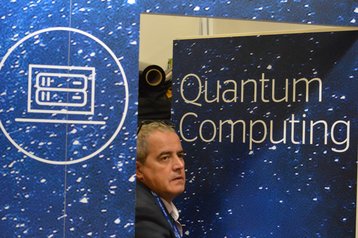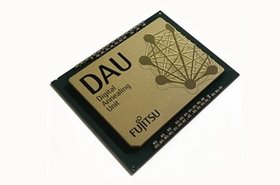The US Senate has passed the National Quantum Initiative Act by unanimous consent.
The bill, which went through the House this September, aims to add $1.2 billion in quantum research funding over 10 years across the Department of Energy, the National Institute of Standards and Technology, NASA and the National Science Foundation.
Senator John Thune, co-sponsor of the bill, said that the act "should make it to the President's desk before year's end." Update: The bill has now been signed by the President.
Still a way off
The bill also calls for the President to establish a National Quantum Initiative Advisory Committee that would advise the President and the Subcommittee on Quantum Information Science on research and development.
“US leadership in quantum information science is essential to national security and economic competitiveness," Jim Clarke, director of Quantum Hardware division at Intel, said.
"Quantum computing has the potential to tackle problems conventional computers can’t handle, which is why nations around the world are racing to win the modern-day space race. By exploiting the laws of physics, quantum computers will be able to create more effective drugs to fight diseases, streamline traffic control, better predict weather patterns and model climate change, and help develop artificial intelligence solutions to various societal problems."
Intel is hoping to benefit from the public-private partnerships discussed in the National Strategic Overview for Quantum Information Science. In September, the White House Office of Science and Technology Policy held a meeting on quantum computing attended by representatives of Intel, Google and IBM, among others.
Intel has developed a 49 quantum bit (qubit) chip, while Google has a 72-qubit system known as Bristlecone, and IBM has built a 50-qubit system - although not all of these machines are based on the same principles.




